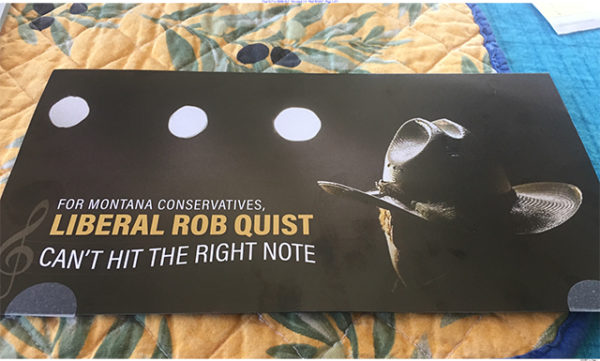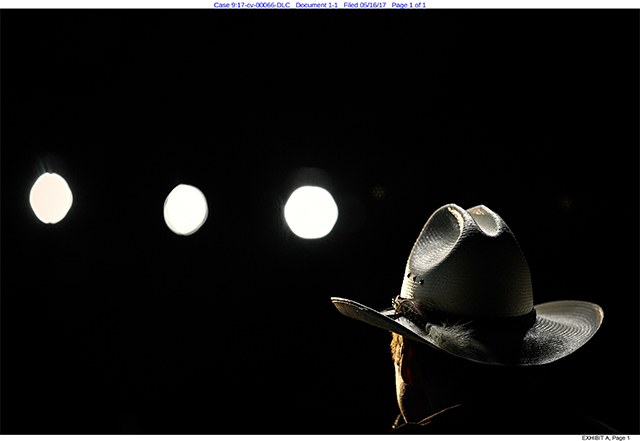An American photographer has lost a seemingly straightforward copyright claim against the Republican National Committee (RNC), with the judge ruling the political party’s image theft was Fair Use.

In Australia, where the controversial US-style Fair Use exception to copyright infringement doesn’t yet exist, this case would likely have favoured the photographer.
Fair Use permits copyright infringement provided certain ‘fairness factors’ are met. Transforming a protected work into ‘something new’ is the major factor. Fair Use has allowed characters like Richard Prince to profit enormously from a photographer’s hard work.
Australian policymakers are considering the adoption of Fair Use, with the Productivity Commission recommending the reform back in 2017. Fortunately, an uproar from copyright advocates and creative industries stalled any rushed amendments to the Copyright Act. While things have quietened down over the last six months, here’s another example of Fair Use in action against a photographer.
Related: Fair Use seriously erodes copyright protection
Montana photographer, Erika Peterman, accused the RNC of using her image of Democratic candidate, Rob Quist, without permission.

The photo shows Quist from behind during a speaking session, and Peterman licensed the photo to the Montana Democrats.
The RNC then used Peterman’s photo in a mailout to criticise Quist.
The Republicans claimed that cropping and minor alterations to the lighting transformed the work. Montana judge Dana Christensen disagreed. But the text on the mailer criticises Quist’s musical talent (he’s also a musician) and his ability to serve conservatives. The judge determined that this text was used to ‘criticise his (Quist’s) candidacy, subverting the purpose and function of the work,’ and therefore it was transformative.
Additionally, Fair Use considers how the infringement affects the market for the photo. The court found that Peterman was paid US$500 to license the photo, and the image was published to social media without credit and available to right-click download.
‘It is unclear how the work could conceivably have any future commercial value to Peterman,’ Christensen said in the ruling. ‘The work has no recognisable value outside of Quist’s congressional campaign, and that value has been fully realised by Peterman.’
And that was enough for the court to side with the RNC.
PDN asked Peterman for a reaction to the decision, and whether she planned to appeal.
This is her response:
I think equating political criticism to transformative use is pretty far-reaching. This decision gives any political party (or PAC) the freedom to use artistic or creative photos of political candidates for political criticism under the auspices of fair use. This impacts me greatly because I do a lot of political photography and work hard to create compelling, creative photos for the candidates I work with. And, like any photographer or artist, I also want to share my work. However, if I know that my photos can be used for “political criticism” without my permission, it creates a major dilemma for me.
And no, I’m not appealing. Not because I don’t think the decision is wrong, because I do. However, even if my decision were reversed and remanded back to the district court for a trial on whether the RNC’s use of my photo was “transformative”, I would again be in front of the same judge and the outcome would probably be the same. Additionally, I would most likely have to pay the RNC’s costs and possibly their attorney fees. That’s thousands and potentially hundreds of thousands of dollars I don’t have.





Be First to Comment